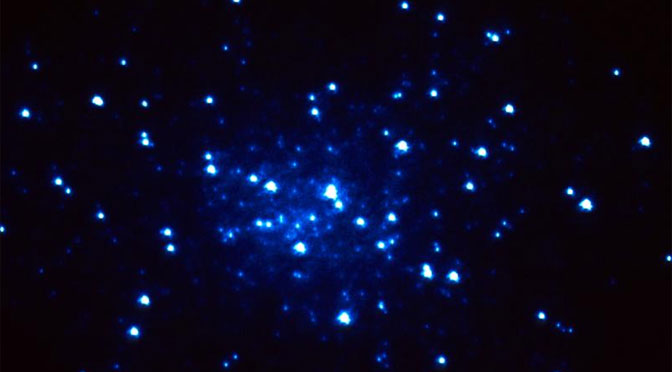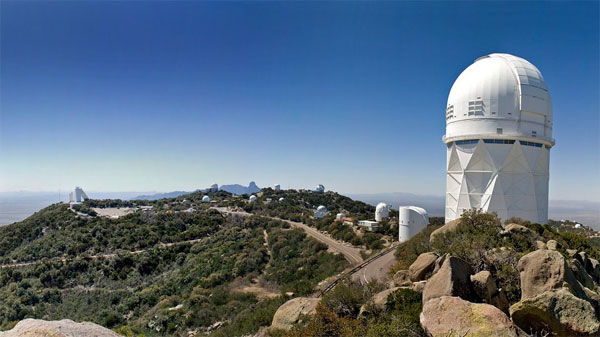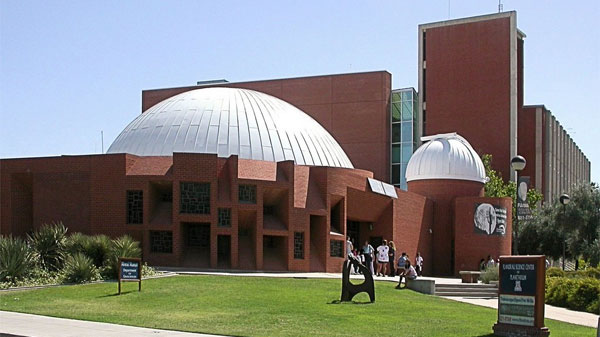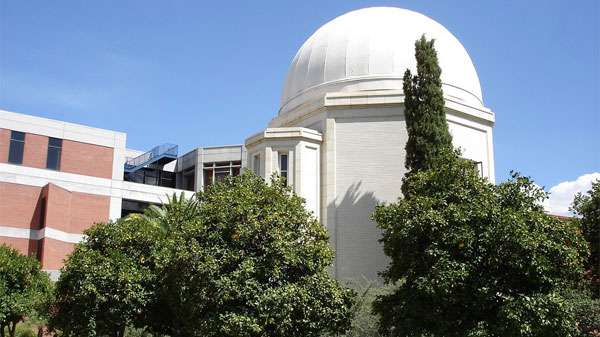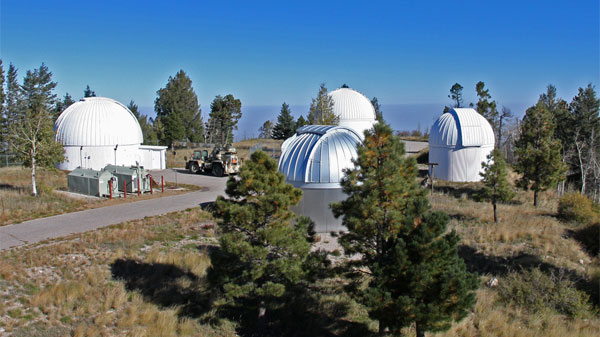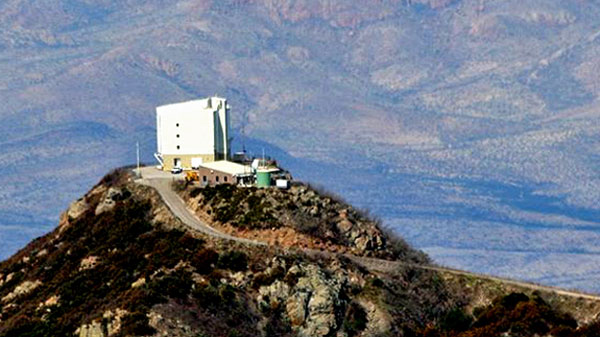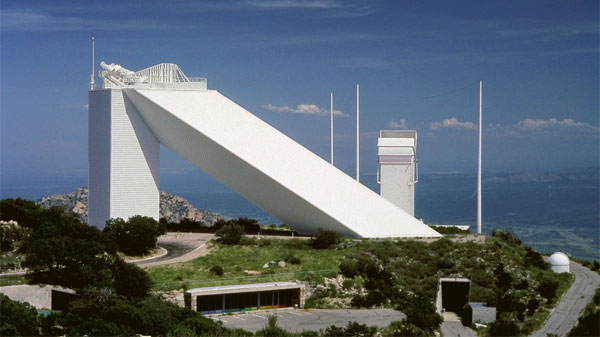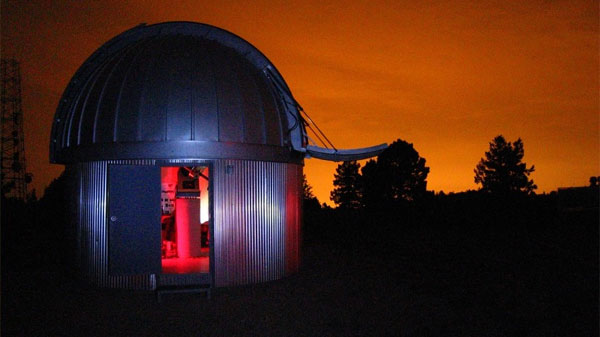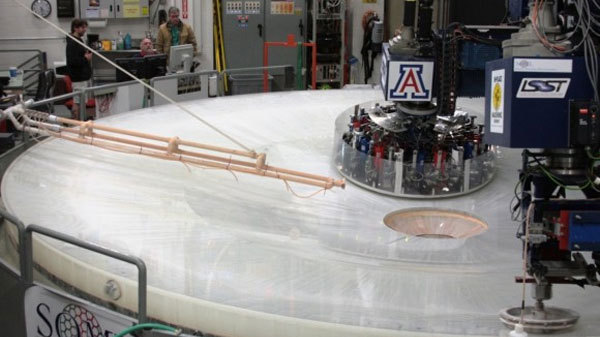What we have to Offer:
Monthly Member Meetings
The first Friday of each month the members of TAAA meet at the auditorium of the Steward Observatory on the campus of the University of Arizona. We have wide range of programs during the year. We have presentations from members and member groups, seasonal observing tips, and monthly planet reports. Being at the center of the nation’s astronomy industry, and in proximity of so much astronomy talent, TAAA host speakers from all over the discipline often to share cutting edge work in the field.
Volunteering
TAAA offers opportunities for its members to become active contributors to STEM education. We actively offer education to our own members and encourage those members to inspire students and the community by sharing their knowledge of the sky during events we host throughout the year.
Special Interest Groups
Sub-groups formed to study areas of special interest.
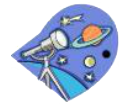
Holds monthly meetings on topics of interest to the budding astronomer and the seasoned veteran. This multifunctional group presents a basic astronomy course; sponsors workshops and guided observing programs.

This multi-faceted group reaches out to the public in many ways to share the awesomeness of our universe.
Members meet monthly to share their images and discuss astro imaging, hardware & software, and the issues that may arise.
Dark Sites
Access to each of our two dark sites – one to the west of the Tucson Mountains and one south-southeast of Tucson in Pearce, AZ – available to members and their guests.
Equipment Lending Program
We have telescopes and accessories that members can borrow. This allows members to use telescopes at the dark sites, or to test the various equipment types before buying. The available TELESCOPES link.
TAAA Forum
Participate in the discussion forum to share topical issues in the Astronomy world. Members share observations, astronomy related stories, astro-photos, and ideas on equipment.
Affiliation with National Organizations
Opportunity to meet and associate with astronomy professionals and share your astronomy knowledge with others.
Members Bulletin
Members receive a monthly Desert Skies Bulletin, listing current activities and astronomy related articles of interest. Log into Member Planet (through Members Only Portal) to view the latest Bulletin. Members will also receive an email link for each new Bulletin.
Bulletin (Monthly) – Monthly Bulletins – historic list
Member Apparel – with TAAA Logo
Members have access to apparel from shirts to hats, shorts to active wear all sporting the TAAA logo in the Apparel Catalog.
Magazine Discounts
Periodically, Members will get club discount on Sky & Telescope and Astronomy magazine subscriptions.

Access to Club Library
Our club library contains many books and CD’s that are available to our members. [Read More]
Specialty Workshops
Guided projects to build astronomy equipment. Our current projects include building white light solar filters and lamps which help preserve night vision. The upcoming Classes are listed at this LINK.
Guided Observing Programs
Include observing constellations, the sun, the moon, our solar system, and double stars. We even have a family observing program.
Link to your Website
We will provide a link from our website to yours.
Now that you have seen what we are about, you might want to consider joining with us. If you join with us, you will receive a New Member Packet which includes the following:
- Welcome Letter
- TAAA Privacy Policy
- Star party Etiquette
- Getting Started in Astronomy
- Astronomy for Beginners
- TAAA Lending Programs
- Helpful Astronomy Product Reviews
Invitations to member social events
TAAA holds social events at the end of each in person member meeting, at our dark sites during the year, and a celebratory year end Holiday Party where you can mingle with like minded, curious members.
…and we provide mentoring where needed.


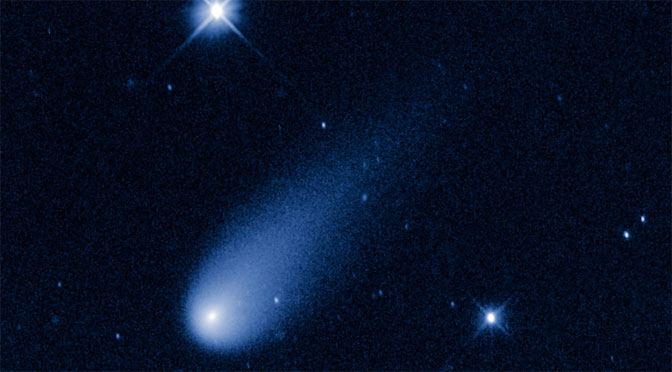
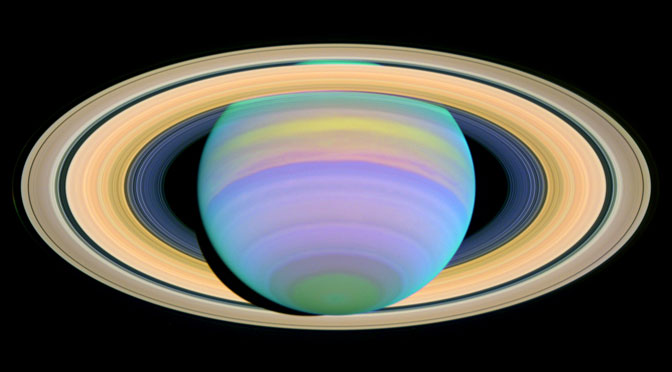
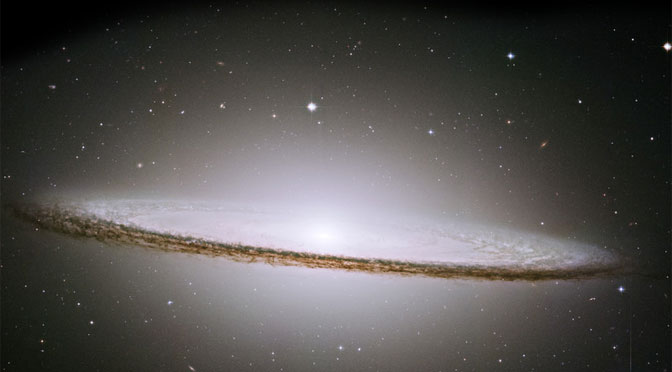
 Holds monthly meetings on topics of interest to the budding astronomer as well as the seasoned veteran. This multifunctional group presents a basic astronomy course; sponsors workshops and guided observing programs.
Holds monthly meetings on topics of interest to the budding astronomer as well as the seasoned veteran. This multifunctional group presents a basic astronomy course; sponsors workshops and guided observing programs.
